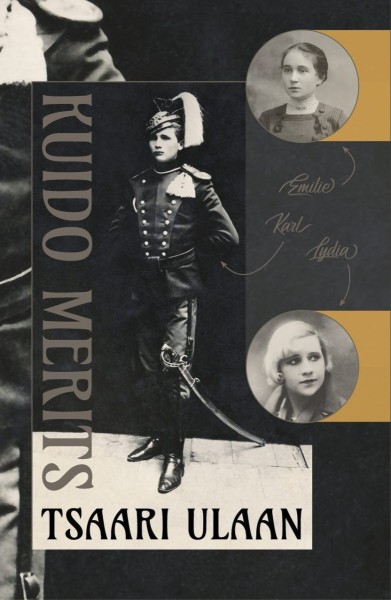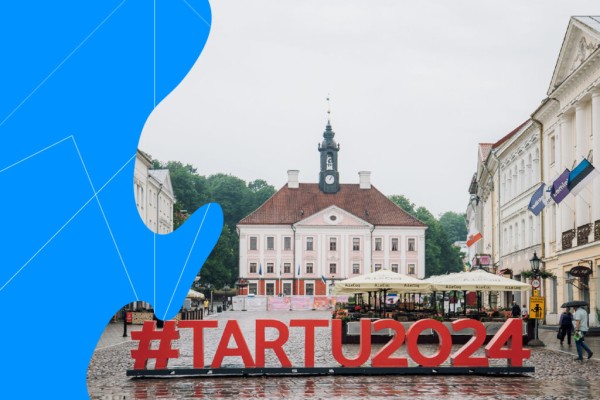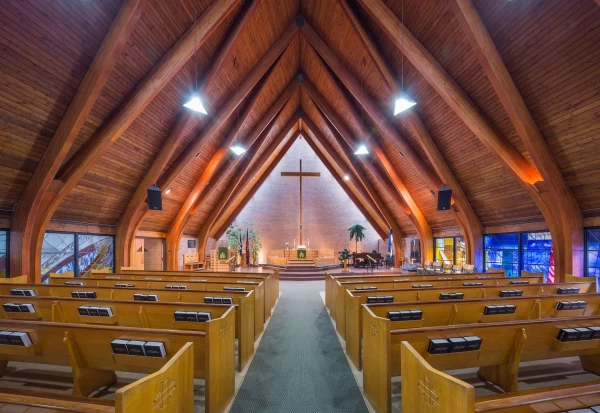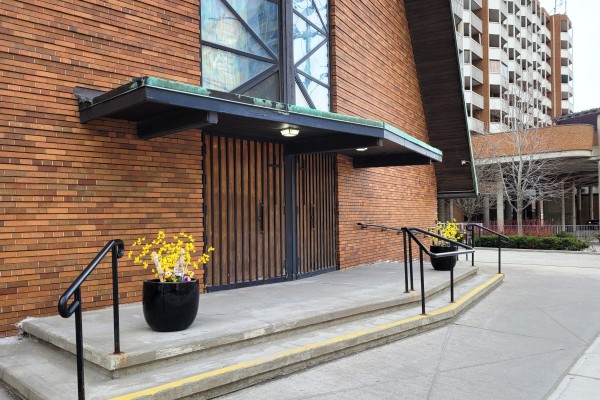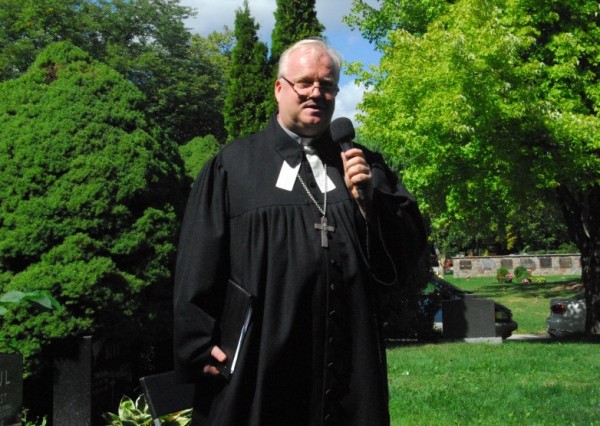ERR 17.10.2014
According to a public opinion survey, most Estonians highly value sacred groves and other natural shrines, and expect the government to protect them.
The survey, released Wednesday, revealed that 84 percent of Estonians consider the preservation of sacred groves and other natural shrines to be of moderate or great importance. This stance is shared among all age, ethnic and religious groups.
Almost three-quarters of the respondents said the funds that go toward preservation of the heritage sites of the pre-Christian era should equal the amount allocated to churches by the state and the local authorities.
Annely Akkerman, head of the Parliament's natural shrines support group, said the results carry a clear message - knowledge about the sites should not only exist in the archives but they should be mapped out and highlighted in the landscape.
According to public opinion, the key problems pertaining to the preservation of natural shrines are the lack of public knowledge of their locations, the lack of government funding that would allow to study and protect them, sites getting in the way of economic development, and the little value placed on them by officials and politicians.
Most people said that they not only want the natural shrines to be preserved as part of the local cultural heritage, but they also wish to visit and protect them. In the survey, 31 percent of the respondents said that they visit a natural heritage site at least once a year and 70 percent once every few years.
A highlighted result of the survey was that 19 percent of the respondents said that they have a personal attachment to a specific natural sanctuary.
Estonians relaxed attitude towards religion and increasing adherence to old pagan beliefs has received ample attention from the world media before.
According to the survey, 37 percent of ethnic Estonians identified themselves as Lutheran, 30 percent said they adhere to no organized religion, another 30 percent prefer Neopaganism or Taaraism. Catholicism and the Orthodox faith polled with 8 percent each.
The picture is somewhat different among the Russian-speaking part of the population, where 82 percent identify as being Orthodox.
The survey was commissioned by the Hiite Maja Foundation, designed by the Center for Sacred Natural Sites of the University of Tartu, and conducted by the Faktum & Ariko research agency. The study surveyed 1,000 people between the ages of 18-74.
Survey: Estonians Expect Pre-Christian Shrines to Be Protected
Kultuur
TRENDING







